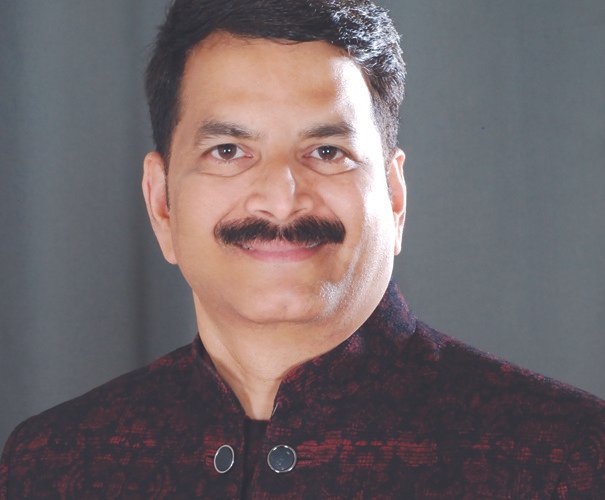
Mahesh Pai talks about retirement planning and its importance in the present economy
The only financial goal for which you do not get a loan in today’s world is retirement and most of India’s working class isn’t preparing for a life after retirement. Did you know that only 1 out of 3 Indians actually save money for retirement out of which most people above the age of fifty feel that they should have started out earlier? In India, people anticipate help from their families.
Over 68% of the working age people expect their children to support them at some point in their retirement. However, these expectations are not met in reality as only 30% of the people receive financial help from their children.
Globally, nearly half of the people in the working age are giving greater importance to living in the present and enjoying life now rather than planning for the future. Many people live on a day-to-day basis financially which could store up problems in the future. These statistics show that we need more education on the ways to save for retirement.
What is the right age to retire?
There is no ‘right age’ to retire but in India the retirement age for working professionals or government employees is 58-60 years. But does this mean that you should retire at 58- 60? Not really. If you have enough channels of passive income, savings and investments, the age of retirement doesn’t really matter. If you have enough regular income to sustain the same lifestyle even after you stop working then age is just a number, you can retire any day that you want to.
How much money do you need to save in order to retire?
You need to visualise the kind of retired life that you want to lead and then make sure that your cashflows are in sync with that lifestyle. For example, if you wish to travel more during your retirement, you will know how much money you need to keep aside. A simple 50/30/20 saving rule can help a long way. The rule suggests allocating 50% of your income to needs, 30% wants and 20% to investments and savings. Considering inflation you should strive to increase the savings from 20% to 25% or more.
How much should you invest now if you want to retire?
It is never too late or too soon to start your retirement planning. Depending on your current financial situation and age, the following tips can be useful for you to set up an investment plan for retirement right away:
1. Evaluate your current financial situation: Assess how much money you have saved versus what you will need. You can use the 4% rule that will give you an idea of how much money you can withdraw from your retirement savings per month (4% of the total amount) while maintaining a healthy balance and investments.
2. Pay attention to your income sources
Additional income can boost your retirement savings. This could include passive income generation through assets such as real estate, stocks, mutual funds, annuities etc. Most working professionals do not have the luxury of a pension. Instead they can invest in products or plans that give dividends, high interest rates, and annuities.
3. Create retirement goals
Investing based on goals is a must; you need to have a figure in your mind on how much you will need when you retire. Calculate your monthly expenses, add inflation to it and that will be your need of regular guaranteed income post retirement. You must also take into account emergencies, trips, and other such events while deciding on your goal. Try to clear off debt before your retirement and if you have assets then you will need additional funds to maintain it. Chart your future expenses, current savings, and formulate the plan.
4. Set a date
Your retirement date may not be as special as your birthday or the first time you bought a car. But it is still important. Having an idea of when you will retire can help you prepare for scenarios where you may have to retire early or later than expected. A tentative retirement age can even help you plan your investments around high-risk products and debt products accordingly.
5. Consult a Professional Advisor
Planning for retirement is not as complicated as some might think. But it is still pretty difficult to do if you have a full-time job and not much knowledge about all the products available.
Google may not be the best answer when it comes to choosing investment options. More than being difficult, it is important to create the perfect roadmap to retirement by identifying the right investment options based on your risk tolerance and investment goals.
To conclude, Retirement Planning requires a careful outlining and execution. Make sure that you have a retirement date in mind. But be cautious of scenarios where you may have to retire early or late. Plan for your retirement savings by setting aside money. Compare where you are and where you wish to be.
The writer is an investment consultant and business coach. Email: mahesh@maheshpai.in





